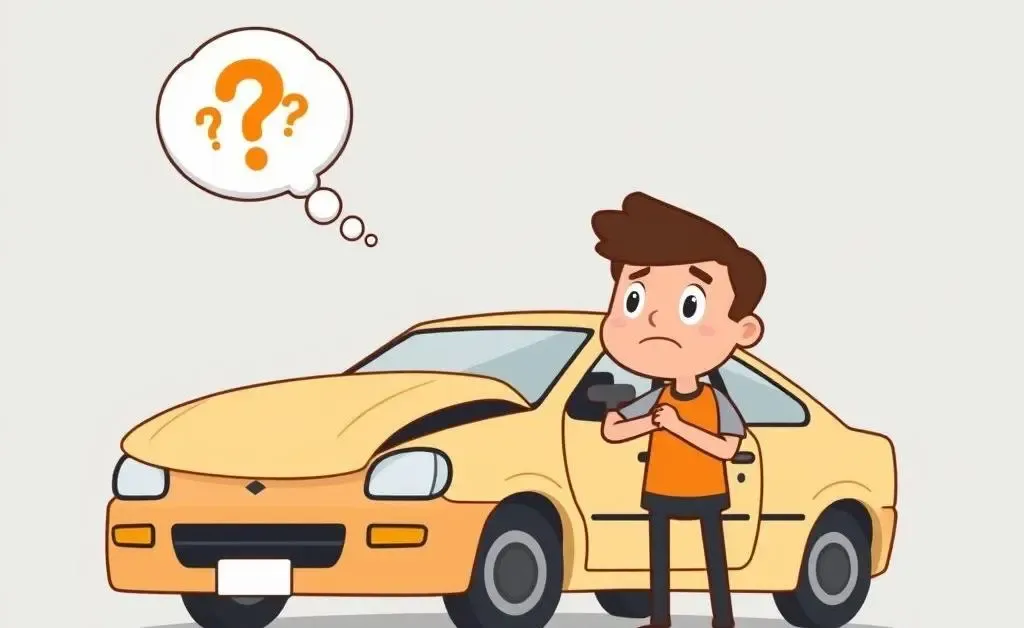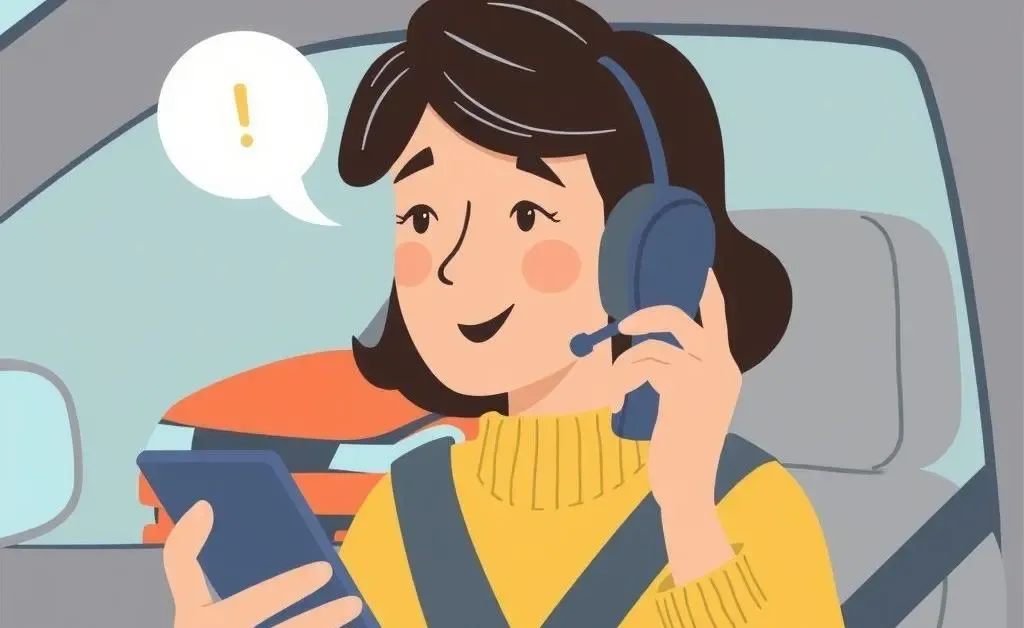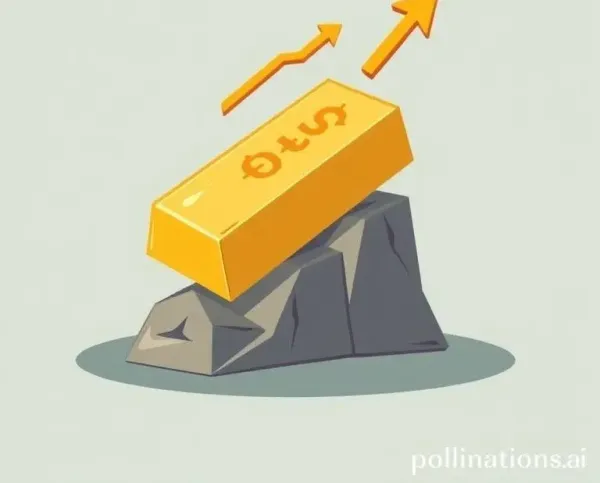What to Do If Your Car Is Totaled and You're Not at Fault
Discover essential steps to take when your car is totaled and you're not at fault. Insights, tips, and real-life anecdotes included.

Have You Ever Felt Stuck When It Wasn't Even Your Fault?
You step out of your house, only to find your car unrecognizably damaged, a new addition to the growing list of life's perplexities. It wasn't your fault, but it still seems like your problem. What do you do next, especially if the damages speak volumes, but your insurance doesn't?
Here's a practical guide to maneuvering the hurdles when your car is totaled and you're not at fault. Let's restore some sanity while staying insured.
Step One: Stay Calm and Gather Information
The moment after discovering your car is totaled is crucial. Here's what you can do:
- Take photos of the damage from multiple angles.
- Note any visible details about the accident scene.
- Exchange information with the other party, if applicable.
- Look for witnesses and gather their contact details.
Remember the time when Alex found his car practically hugging a lamppost? He managed to smile through it, realizing that staying calm was the best first step.
Contact Your Insurance Provider
Immediately reach out to your insurance company. Provide them with all the gathered details and photos. If it's confirmed you're not at fault, your provider will likely work with the other party's insurance issuer.

Navigating Insurance Claims
The process might differ based on your policy, but generally you should:
- Submit all required documents promptly.
- Keep copies of everything for your records.
- Follow up regularly for updates on your claim's progress.
In Alex's case, frequent check-ins with his insurance provider ensured everything moved timely and smoothly.
Exploring Your Options
If the car is declared a total loss, the insurance company usually reimburses you the car's pre-accident market value. However, if the offer seems inadequate:
- Research your car’s market value independently to negotiate better.
- Consider involving a third party appraiser if negotiations stall.
Remember, you’re not without recourse. In Alex's experience, armed with research, he secured a fair compensation after his initial offer seemed low.

Wrapping It All Up
The fright of a totaled car shouldn't linger longer than needed. By being proactive, planning steps ahead, and staying informed, tackling an accident scenario becomes manageable. And who knows? You might surprise yourself with a new level of resilience.
Now, here's the question: What's one piece of advice you wish you'd known before dealing with a car accident claim?




